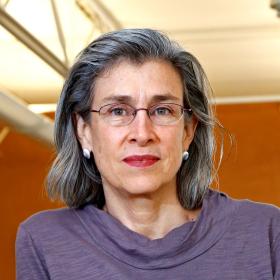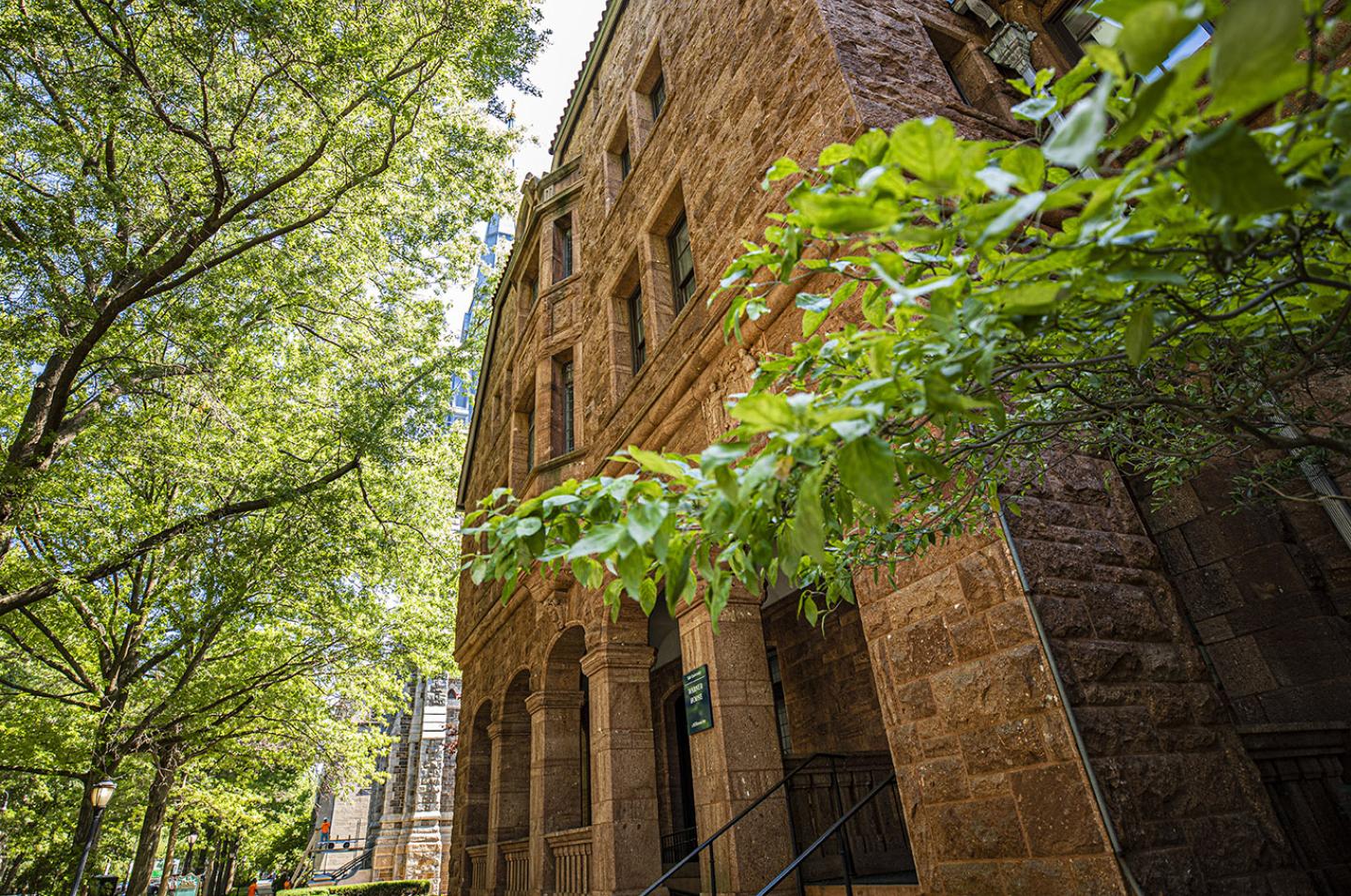



What does mentoring graduate students mean to you, and how do you see your role as a mentor?
One of the most important and enjoyable parts of my work is working closely with doctoral students, starting from when they begin the program until they file their dissertations—and often after they leave the university. I learn so much from them all along the way, particularly at the dissertation stage. To help them move a project from inception to theory and research design, and then to carry out the research and write their thesis is both challenging and wonderful. I have awesome students and they enrich my life.
Many of my students study political violence, completing research in a wide range of settings; others study social justice movements and other grass roots organizing in the US. My students generally draw on qualitative ethnographic methods, immersing themselves in settings and organizations; some also draw on quantitative methods.
I see myself primarily as someone who enables them to do their own work, their best work. Students at Yale have such fantastic ideas. They often come in with remarkable experience, as journalists or activists, and I love that my department admits those students. I see my work as enabling them to hone their ideas, to bring their research to its best possible fruition and to publication, sharing their results with the broader public.
Turning now to your own research, how did you come to study the role of sexual violence in war?
My first two books were on other aspects of civil war, but what I learned about sexual violence in these conflicts was striking, and I decided to take a closer look. I had studied insurgencies in El Salvador and South Africa and knew they engaged in very little sexual violence despite sexual violence and torture by state forces, and I wanted to learn more about that discrepancy.
When I began, there was not yet much social science about patterns of sexual violence in war and how it varies across different armed organizations. Many commentators and scholars on the topic seemed to presume that rape during war was ubiquitous. That didn’t sound right to me, both because I had studied those two organizations for which that was not the case, and because if rape in war is ubiquitous, then perhaps it is inevitable, and nothing can be done to stop it.
However, if you recognize that we have many examples of armed organizations that don't engage in sexual violence against civilians, then that gives hope for policy. It suggests that there are ways to socialize combatants against such violence, to hold commanders accountable when it does occur, and hopefully to lessen its incidence by learning from those organizations that don’t engage in it.
What are some of the factors that you have found to determine the use of sexual violence in war?
The community of scholars working on this issue—including Yale students and graduates—have found that an organization’s ideology in some cases licenses sexual violence, authorizes it, or mandates it. We have cases where organizations adopt some form of sexual violence as a policy, sometimes as a weapon of war against civilians and sometimes as a strategy to manage the reproductive lives of their own combatants. In other cases, however, the organization’s ideology prohibits it—and some of them effectively prohibit it. In others, however, the organization nonetheless turns a blind eye.
And we have found that institutional differences between individual armed organizations make a big difference in their patterns of sexual violence. State militaries all over the world formally prohibit rape, and yet it varies significantly in its incidence. The details of a group’s institutions, recruitment practices, and ideology matter, not just that formal prohibition. For example, leftist groups with a significant number of female combatants rarely engage in sexual violence against civilians.
What methods do you use in your research?
Most recently, I’ve been using oral history. In Colombia, I sat down with former combatants for hours, asking them to recount their experiences. I mostly keep quiet, and just listen. I ask how they came to be a member of an armed organization and what it was like, and sometimes, that’s all I say over the course of a three- or four-hour-long oral history. People really value telling their story, and letting others know what they have experienced.
At the end, however, I always ask if, hypothetically, someone in their unit had raped a civilian, what would have happened, being careful never to suggest that anybody did. Sometimes the response is that it would never happen, and if it did, there would be an immediate trial, judgment, and severe penalties. Other times it elicits narratives of sexual violence that did occur and were often tolerated, even boasted about.
Former combatants often don’t have a neutral space where they are invited to share their stories without judgment, so I have found people very eager to engage with me in these conversations.
What has serving as the Franklin Muzzy Crosby Professor of the Human Environment meant to you?
I am proud to have a professorship by this name with its endorsement of the need for an interdisciplinary approach to understanding the human experience. This approach is one I take in various projects at Yale, including the Program in Agrarian Studies, the Political Violence and its Legacies workshop, and the Yale Qualitative Social Science Initiative, which I lead with colleagues from anthropology, history, African American studies, sociology, and political science.
